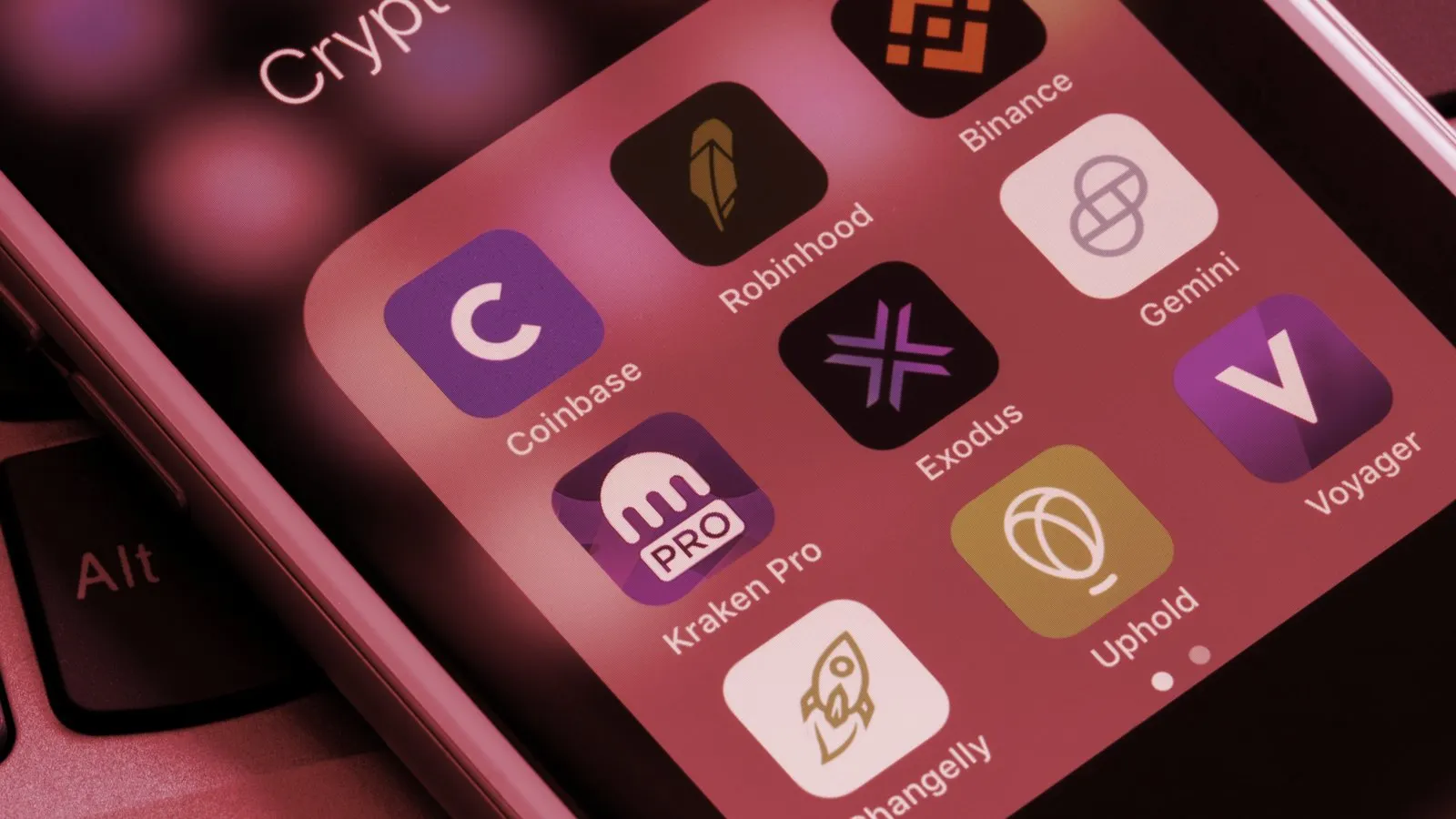Coinbase unveiled a new service Wednesday that it says will make Web3 tech more approachable for both companies and consumers by simplifying digital wallets.
Simply called Wallet as a Service, it is a set of developer tools that allow companies to embed custom, digital wallets directly in their applications. The goal is to make setting up a wallet as easy as creating a username and password, Coinbase said, avoiding the technical nature of most standalone digital wallets today.
“It's basically eliminating this huge source of friction for getting Web3 adopted,” Coinbase’s Patrick McGregor told Decrypt. “Effectively, we've created a system to give wallets to literally every human on the planet.”
The company’s announcement follows previous news that Coinbase will launch its own Ethereum layer-2 network called Base, a platform that it hopes will become a popular choice among developers for creating and hosting decentralized applications.
Recently, Coinbase has leaned into subscriptions and services amid a decline in digital asset prices that’s led to less trading activity on the San Francisco-based exchange’s platform. Though it’s the leading exchange in the U.S. by volume, the company lost $2.6 billion last year after turning a profit of $3.6 billion in 2021.
McGregor, who is the company's head of product for Web3 developer platforms, said the new Wallet-as-a-Service product has been in development for over a year and was designed to be “use-case agnostic,” making it equally viable to different companies—whether they’re involved in retail, gaming, or social media.
Internally, Base and Wallet as a Service are sometimes referred to as mirroring components of a supply-and-demand dynamic, McGregor said. Base brings activity into a Web3 application and more wallets create greater demand for different applications.
“We are super excited about the combination of Base and Wallet as a Service,” McGregor said, adding that the two products are independent. Yet, a significant number of potential customers are looking at a package deal that includes both Base and the exchange’s Wallet-as-a-Service product, he said, as opposed to just one or the other.
Prior to joining Coinbase, McGregor worked at Google for over eight years, where he led teams on artificial intelligence and cloud technology. He graduated from Princeton University in 2005 with a PhD in cryptography.
McGregor and Coinbase wouldn’t comment on specific companies that will tap into its Wallet-as-a-Service offering beyond Web3-natives like Floor, Moonray, thirdweb, and tokenproof. But McGregor hinted that larger firms will likely be announced as Coinbase partners in the future.
“I can tell you that we're working with several household-name brand companies that are going to be using this product at a very large scale,” he said. “This is not a science project. This is the real deal.”
Coinbase CEO Brian Armstrong recently acknowledged the growing adoption of Web3 tech among companies that aren’t native to crypto, saying the firm could capitalize on that trend during the exchange’s most recent earnings call.
“Starbucks, Adidas, Nike, Coca-Cola, and social media platforms like Instagram, Twitter, and Reddit—these are all integrating crypto services into their products, and customers who use those things are going to need a crypto wallet,” he said. “That's where Coinbase comes in.”
In terms of adapting their services to include Web3 tech, the Ethereum scaling network Polygon has gained popularity as a choice for firms, including Reddit, Meta, Nike, Disney, and Coca-Cola. Adidas has previously partnered with Coinbase.
Digital wallets are an essential element of Web3’s ecosystem, allowing individuals to maintain the ownership of digital tokens, whether that be an NFT or cryptocurrency like Bitcoin. They come in varying forms—depending on how connected they are to the internet—but revolve around the use of public and private keys.
In order to use Web3 applications, such as an NFT marketplace like OpenSea or a decentralized exchange like PancakeSwap, people have to connect existing digital wallets to these services to conduct transactions.
Coinbase launched its self-custody wallet in 2017 as a mobile application, a year after MetaMask released its popular software wallet. Last month, Robinhood began rolling out its Polygon-based wallet on iOS to some of its customers.
Typically, the owner of a digital wallet is responsible for managing their private key, a string of characters that are supposed to be kept private and used to authorize transactions, similar to the PIN for a bank account.
Coinbase’s Wallet as a Service is taking a slightly different approach to approving transactions. The exchange is using a type of cryptography called multi-party computation, where a wallet’s private key is divided among multiple parties, including Coinbase.
“You don't have a single point of failure or compromise,” McGregor said, describing it as an added layer of security. “If Coinbase gets compromised or [someone’s] phone gets compromised, their assets are completely safe.”
Though the notion of a digital wallet that’s secured by multiple parties conflicts with some Web3 ideals surrounding self-custody, people with digital wallets made using Coinbase’s Wallet-as-a-Service tool can still take complete control of their keys, McGregor said.
“At any given time—with literally a click of a button—that user can export their keys entirely out of the system,” he said. “It's paramount as a design principle for the user to have complete control over the system and be able to do whatever they want at any time.”
While Coinbase has fired off two products aimed at courting developers so far this year, not every new venture that Coinbase has embarked on has turned into a smash hit.
The company’s much-hyped NFT marketplace resembles a virtual ghost town after launching last spring, facilitating less than 90 sales over the week, according to Dune Analytics. That’s compared to over 138,000 at OpenSea, according to Dune Analytics.

